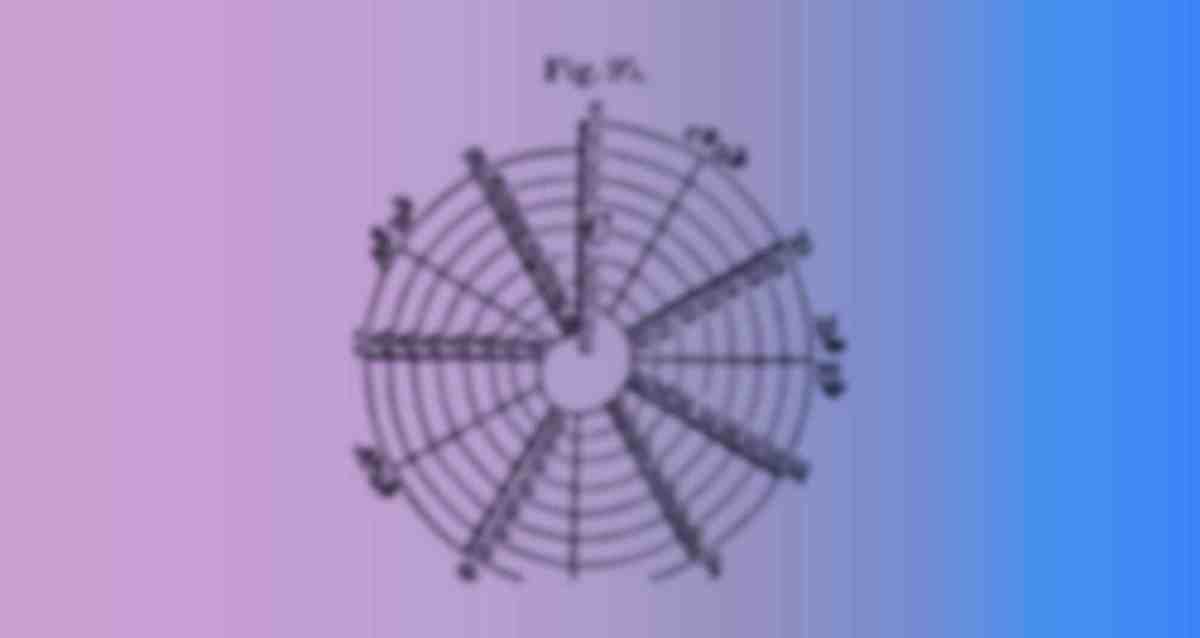Get started with Tonefoil Hat here.
I’m giving up. The last time I made any progress with David Lucas Burge’s Perfect Pitch Ear Training SuperCourse was June 12—almost a month ago. My ear training practice sessions now end after five minutes. I’ve started hurling insults at my microphone. Like the main character in Beckett’s play “Krapp’s Last Tape,” I despair about my life alone in my room, with a recording running.
Things had been looking so good. At the end of episode 5, I was supposed to identify the notes in the C major scale, without looking, 20 times in a row. After several attempts, I managed it, closing my eyes or looking out the window. (I didn’t cheat, I promise.) C and D were usually easy to identify; F and G were hard. Still, the notes somehow managed to burrow themselves in my brain, or maybe I just got lucky.
Optimistically, I move on to Masterclass 8. “Alright, you’re doing very well,” David Lucas Burge says on the tape. The next exercise he gives me is similar to the previous one. He calls it a “melodic thirds pitch identification drill.” I’m supposed to play white note thirds on the piano, again looking away or keeping my eyes closed, and identify them from the bottom up. 20 times in a row: first ascending, then descending, and finally harmonically.
Easy, I think. Major and minor thirds sound obviously different, happy versus sad. The relationships between the notes also narrow things down significantly. If I hear a minor third, it can only be B and D, A and C, D and F, or E and G. Burge’s words are encouraging, too. “Some of you may find that these drills are too easy,” he says. He also says, “Something is continuing to unfold inside you.”
No, it really isn’t. I start trying the new exercise. The first attempt doesn’t go well, which I’m used to. The second attempt goes better: 12 in a row instead of three. Two days later: 17 correct in a row. After that, 12. The next session: 16. The session after that: 12. A few days later, I get to 17. Failing so often is exhausting, dispiriting. In the meantime, I make no progress singing a C from memory. I end up more often on an Ab, an A, or a B.
Here’s the frustrating thing: no matter how hard I try, I absolutely can not tell the different between two pairs of intervals: the minor thirds D and F and E and G, and the major thirds F and A and G and B. There have been times where I thought I detected some kind of color difference. I was wrong. I’m constantly mixing them up. That’s why I can never get 20 in a row correct. No matter what Burge says, the same interval is really very similar. It’s like trying to pick out the raspberry from the strawberry when you’re pretending you know something about the bottle of wine you chose because it was the second-cheapest in the restaurant.
All this sends me back to a fear about pitches I’ve had since I was a young teenager: that they’re an inaccessible world, just beyond my comprehension. Their frequencies and relationships appear immediately clear only to a gifted few. The rest of us are doomed to stumbled through music like it’s some kind of untamed forest. Of course, that isn’t true, either. Hearing, like everything else, is never black and white. Some harmonies and intervals, like quarter-tones and 9-8 suspensions, are immediately obvious to me. Others reside somewhere beyond the rational brain. And even when I do hear rationally, it doesn’t mean that I’m hearing better.
When I started the Perfect Pitch Ear Training SuperCourse™, I knew to be skeptical of David Lucas Burge. Now, in my frustration, I find myself believing what he says: that hearing without perfect pitch is somehow lesser. But the way we see the world is open to infinite perceptive possibilities. These are all equally valid. What matters is the beauty we take from things, not the so-called objectivity with which we perceive them. I’ve never had perfect pitch, and I never will. I’m still capable of being utterly transformed through sound.
I’m less sure than I was at the beginning that the Perfect Pitch Ear Training SuperCourse is a straight-out scam. The techniques Burge uses are rather reasonable, and wouldn’t be too out of place in a college ear training course. Then again, Burge writes on his website that his method is “EASY and SIMPLE.” My angry outbursts show that isn’t true. I didn’t practice every day like Burge suggested, but that suggestion is impractical for anyone with a job. I also struggled to “go slowly” and “listen gently” in the face of my persistent, aggravating failure.
When I first began this series, I was contacted by a person who claimed to know about David Lucas Burge’s “secrets” and “character flaw[s].” The person claims that Burge owes them some $1,500. I didn’t get what I wanted from Burge, either. But it was worth spending money and time to explore—to learn to love—my own, flawed hearing and perception. ¶

